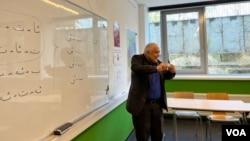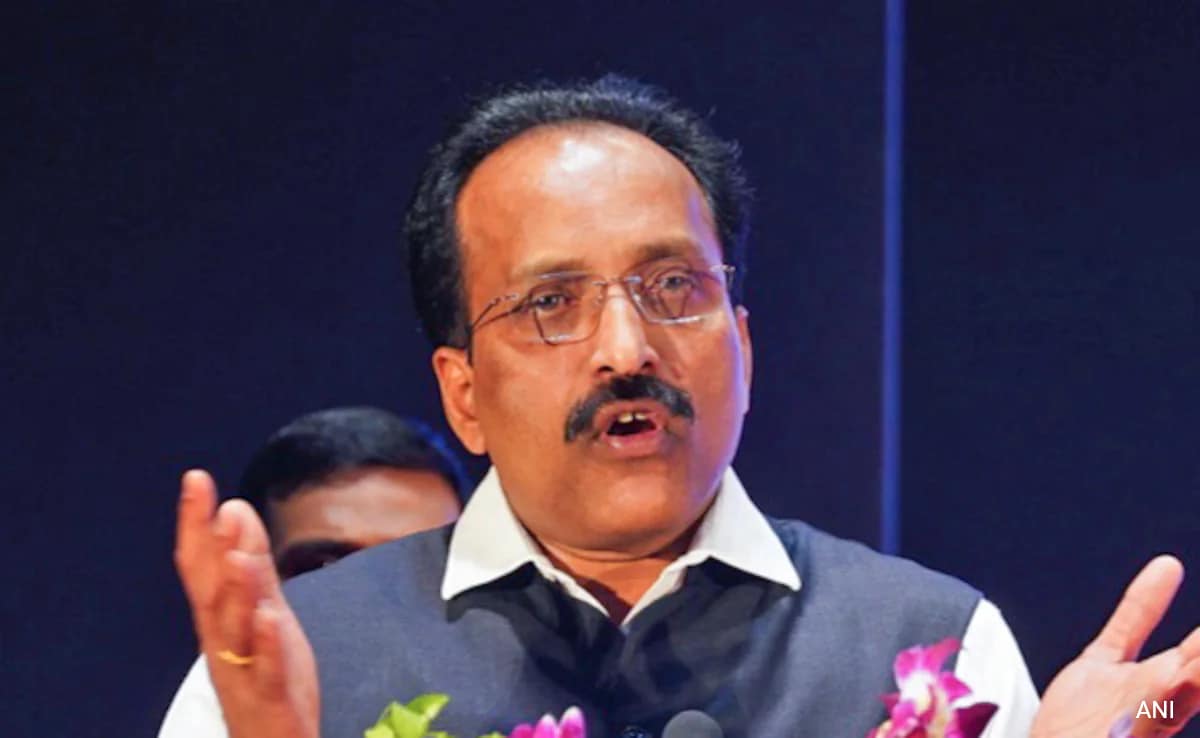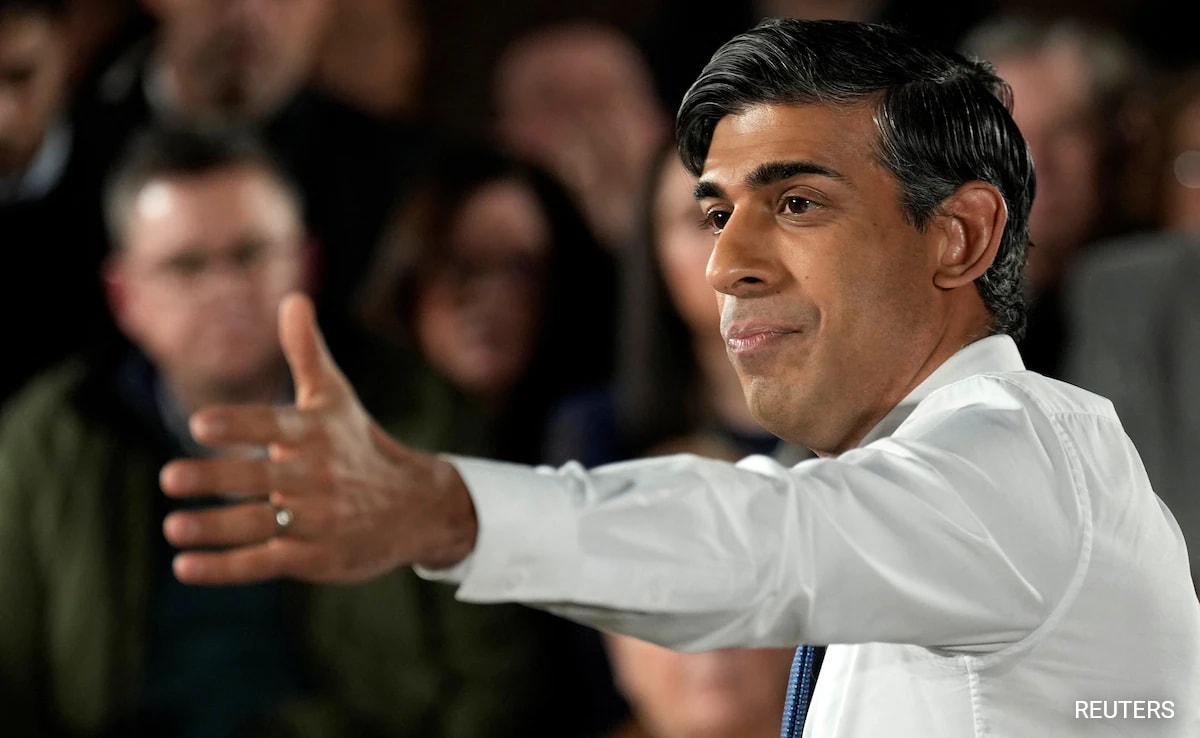In a nondescript building in southwest MunichUyghur children gather together every Saturday to do something forbidden in China: learn their native language.
On a recent morning, children in the youngest classes giggled as their teacher made animal sounds to teach them the words for “cat” and “goat.” In more advanced courses, Uyghur literature is introduced. Many children have never been to their home country of Xinjiang.
In an effort to protect the language and culture of a group long under threat in Xinjiang, the courses signal defiance of the Chinese government, which is destroying Uighur culture within its borders.
“Language is our identity. Without our language, we can’t say we are Uyghurs,” Salamet Hashim, one of the teachers, told VOA.
Hashim moved to Germany from Xinjiang in 2017. Like her students and their families, she doesn’t know if or when she will be able to return.
The school was established in 2018 and focuses on the next generation. “We are also passing the baton to them to preserve and protect our identity,” she said.
Beijing’s assimilation policies include banning Uyghur children from learning their language in schools and forcing an estimated 900,000 Uyghur children into so-called boarding schools.
These actions and others have led multiple governments to accuse Beijing of committing genocide and crimes against humanity against the Uyghurs. The Uyghurs are a predominantly Muslim ethnic group in the northwestern region of Xinjiang.
The Chinese government has long denied any wrongdoing in the region, which many Uyghurs prefer to call East Turkestan or the Uyghur region.
China’s Ministry of Foreign Affairs did not respond to an email from VOA requesting comment.
for decadesFor these expats, Munich was the de facto political center of Europe.
The situation can be seen everywhere in the southern German city: language and dance classes, the city’s Uyghur restaurants, well-attended protests outside the Chinese consulate and a strong sense of community that unites the group.
“The Munich community can be seen as a model for the Uyghur community. It is just a small part of East Turkestan. We feel at home here,” Abdoweri Tursun, another language teacher, told VOA explain.
Munich became a safe haven in part because of Uyghur-language radio programming launched in the early 1970s by VOA’s sister network (then known as Radio Liberty).
Enver Kan said the show and the city became a beacon for Uighurs leaving Xinjiang. Can, who is from Gulja, Xinjiang, worked for the broadcaster for several years after moving to Munich in 1973.
“Munich has really become the political center of the Uyghur diaspora movement. I’m proud to contribute to that. And I’m proud to be part of this community,” said Zhan, who is also the director of the Uyghur human rights organization Uyghurs. Ilham Tohti Initiative told VOA.
Zhan, wearing a traditional blue and gold skullcap, points to various Uyghur artworks hanging on the walls. So far, the number of years he has lived in the Munich area far exceeds the number of years he has lived in Xinjiang.
When he arrived, only a handful of Uyghurs lived in Munich. Currently, an estimated 700 to 800 people live in the area.
This number is still relatively small compared to other Uyghur communities. By comparison, there are thousands of Uighurs living in the Washington area and an estimated 50,000 Uighurs living in Turkey.
“The majority of Uyghurs living in Munich are very involved in Uyghur culture and political activities,” said Dolkun Isa, president of the advocacy group World Uyghur Congress (WUC).
Many feel a responsibility to keep their culture alive and pass it on to a generation that knows Xinjiang only through the stories their parents told them and what they saw in the news.
“If a nation forgets its heritage and culture, it means the demise of a nation,” said Zumretay Arkin, spokesman for the World Uyghur Congress. “If you no longer speak the language, if you no longer practice the traditions, values or religion, then we have nothing.”
Language courses are an important part of preserving Uyghur culture. For years, Beijing has used the Uyghur language as part of its broader efforts to forcibly assimilate Uighurs into the dominant Han ethnic group.
“It’s the Uyghur children back home who pay the price,” said teacher Hashem. “They forgot their roots.”
In Xinjiang, the Chinese government has banned some cultural practices. Other areas have been co-opted and turned into tourist attractions to give the impression that all is well, according to Uyghur human rights groups. As part of the campaign, authorities staged dance performances to reinforce the stereotype of “happy, dancing Uyghurs.”
In contrast, an award-winning dance team in Munich uses the art form to stay connected to their culture. They told VOA before rehearsals that many of the students were born in Germany but hope to one day go to Xinjiang.
“I’ve always imagined what it would be like to dance in my home country, and I hope one day this will happen,” one student said.
Food is another essential element Uyghur culture. In Munich, many establishments offer a taste of home.
Sopor Hajim is from Kashgar and lived in Munich for twenty years before opening Tengri Tagh Uyghur restaurant in 2018.
“It allows our community to share experiences, share stories, but most importantly, grieve together over a shared burden and collective pain,” Hajim said over a pot of tea.
Nourgul Abliz, who opened the Kashgar Uyghur restaurant with her husband in 2011, had similar feelings. For her, restaurants help preserve Uyghur identity outside of their homeland.
“This is more than just a restaurant. This is a place for the community to gather, which is crucial to maintaining our Uyghur identity,” she said, as her young daughter crawled under chairs and tables.
It was lunchtime and the restaurant was busy, so Abriz spoke to VOA in the back room, where Uyghurs sometimes gather for Maisierep events: community gatherings that include music, storytelling and food. .
In Xinjiang, both Meshrefu and Uyghur food have been politicized. In 2018, the Chinese government launched a campaign against the halal label. Even Chinese government officials like Uyghur food, said WUC’s Altin.
“We always say they like our food, they like our culture, but they don’t like us,” Arkin said while eating a spicy noodle dish called rangpiza.
For Hajim, Munich’s restaurants may be the most effective way to remind Uyghurs of home. Even with a simple meal, restaurants can help customers travel thousands of miles away to lands they may never return to, he said.
“When Uyghurs come here to eat,” he said, “they feel like they’re eating at home, just like they’re eating in East Turkestan.”
Hajim leaned against the upholstered booth, which was as sky-blue as the East Turkestan flag, and glanced at the nearby photos. It depicts one of the few remaining mosques in Kashgar that has not been destroyed by the authorities.
Follow us on Google news ,Twitter , and Join Whatsapp Group of thelocalreport.in



















